- Country
- Travel Package
- Blogs
- Contact Us
-
- Dashboard
- Booked List
- Wishlist
- Login

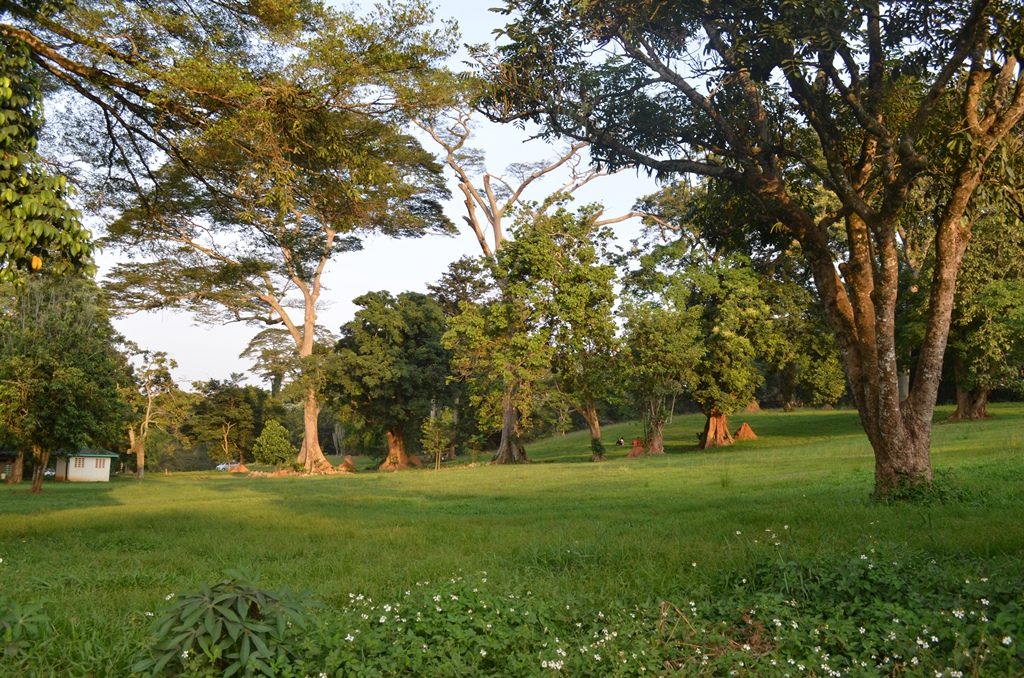
Established in 1898, the Entebbe Botanical Garden holds a significant place in the annals of Uganda's history. It was initially conceived as an experimental station for introducing and cultivating various plant species from around the world. Over the years, the garden has evolved into a sanctuary of diverse flora, attracting nature enthusiasts, researchers, and tourists alike.
The garden boasts an impressive collection of over 300 plant species, including indigenous and exotic varieties. Visitors can wander through the tranquil pathways and marvel at the towering mahogany trees, vibrant bougainvillea, and fragrant frangipani. The garden also features a captivating rose garden, showcasing a kaleidoscope of colors and scents.
Beyond its botanical wonders, the Entebbe Botanical Garden is steeped in historical significance. It served as a crucial research center during the British colonial era, playing a pivotal role in the development of Uganda's agricultural industry. The garden's rich heritage is evident in the well-preserved colonial architecture, including the iconic Main Building, which now houses the Uganda Virus Research Institute.
Today, the Entebbe Botanical Garden stands as a testament to Uganda's commitment to conservation and environmental preservation. It serves as an important educational resource for students, researchers, and the general public, promoting awareness about the significance of biodiversity and sustainable practices.
In essence, the Entebbe Botanical Garden is a captivating fusion of natural beauty, historical significance, and scientific importance. It offers visitors a chance to immerse themselves in the splendor of nature, while gaining insights into Uganda's rich heritage and ecological endeavors.

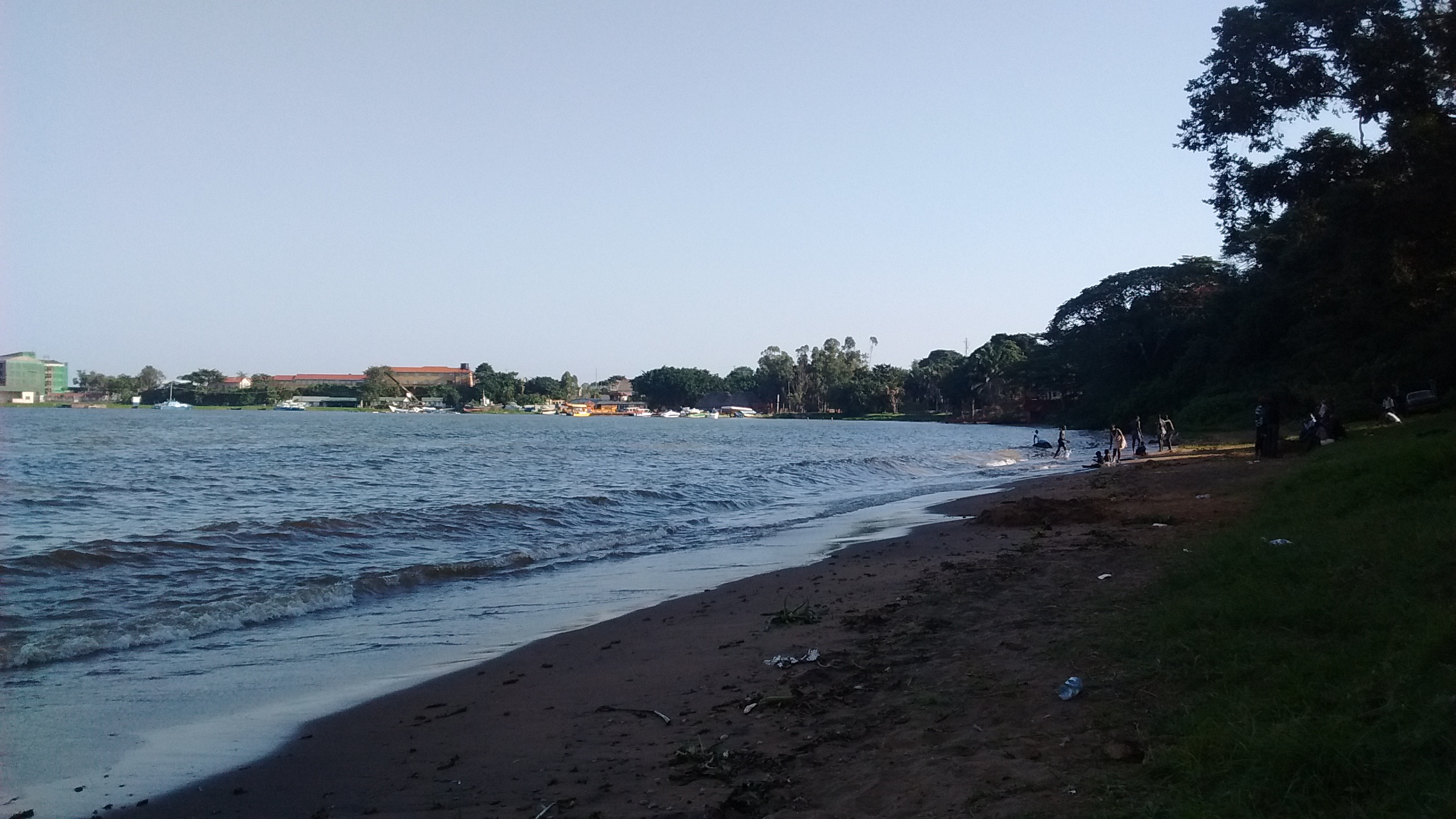
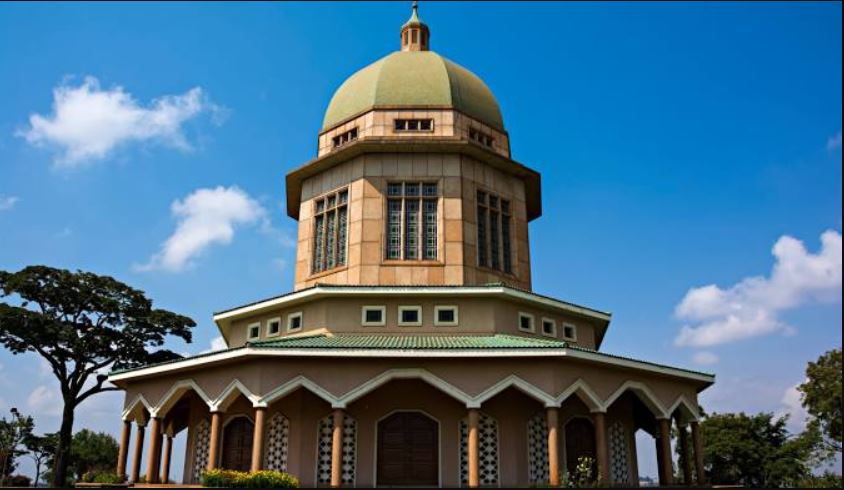
The Baha'i Temple in Kampala, Uganda, is a stunning architectural landmark and a place of worship for the Baha'i community.
Read More ...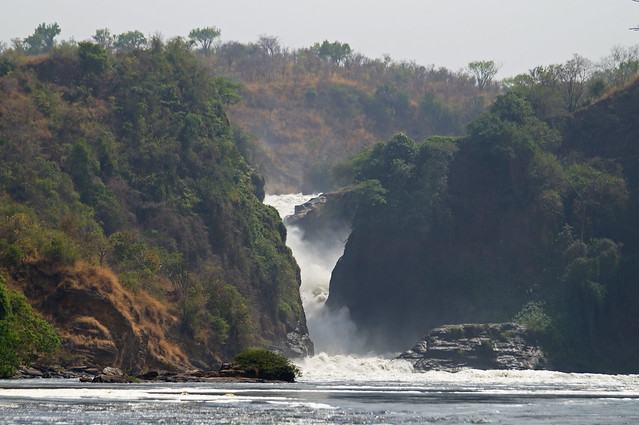
Nestled in the heart of Uganda, Murchison Falls is one of the country's hidden gems, offering a stunning display of nature's beauty and a tranquil escape from the hustle and bustle of urban life. This breathtaking waterfall, surrounded by lush greenery and diverse wildlife, provides a perfect destination for nature enthusiasts, adventure seekers, and anyone looking to unwind in a serene environment.
Read More ...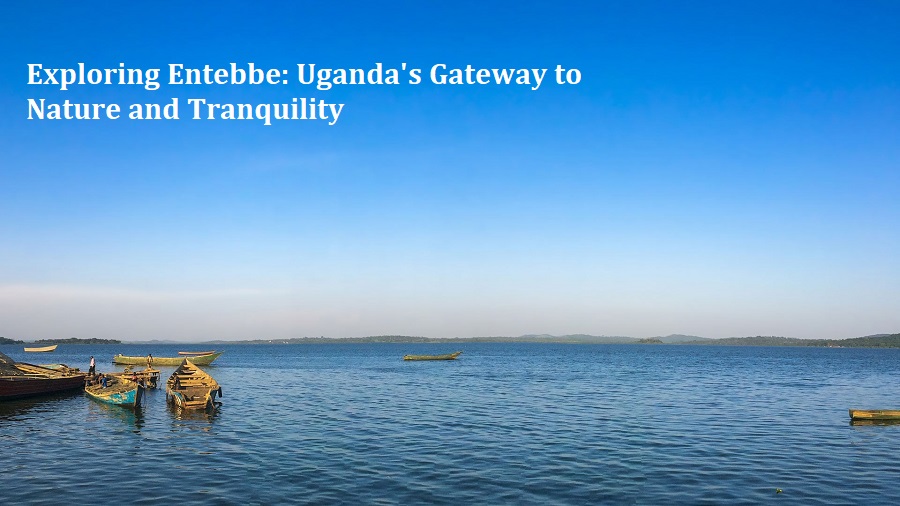
Entebbe is a picturesque city located on the shores of Lake Victoria in Uganda. It is known for its rich history, beautiful landscapes, and as a gateway to the country. Here’s a closer look at what makes Entebbe special.
Read More ...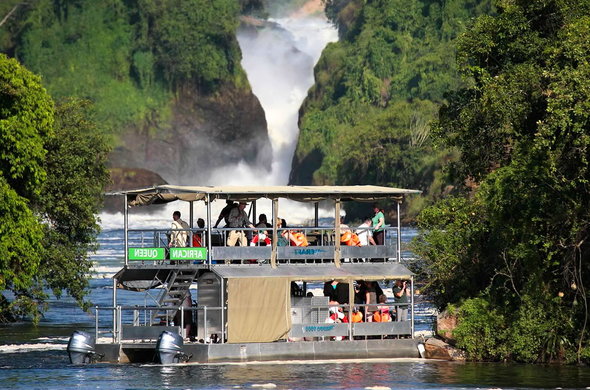
Murchison Falls National Park is one of the largest and oldest conservation areas in Uganda. Located in the northwestern part of the country, it encompasses an area of approximately 3,893 square kilometers (1,500 square miles). The park is named after the magnificent Murchison Falls, where the mighty Victoria Nile River plunges over a 43-meter (141-foot) cliff, creating a breathtaking spectacle.
Read More ...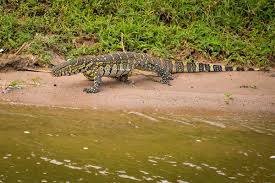
Reptile Village in Entebbe, Uganda, is a unique attraction dedicated to the conservation and education of reptiles. It serves as a sanctuary for various species, including snakes, lizards, and tortoises, many of which are native to Uganda. The village aims to dispel myths and fears surrounding reptiles by providing visitors with the opportunity to learn about these often-misunderstood creatures.
Read More ...To find the best hotels and tourist attractions tailored to your travel preferences, please select a country from the list below. Whether you're dreaming of a beach getaway, a cultural adventure, or a city escape, we’re here to help you discover the perfect destination!
Once you make your selection, we’ll provide you with a curated list of top-rated hotels and must-visit tourist spots in your chosen country. Happy travels!